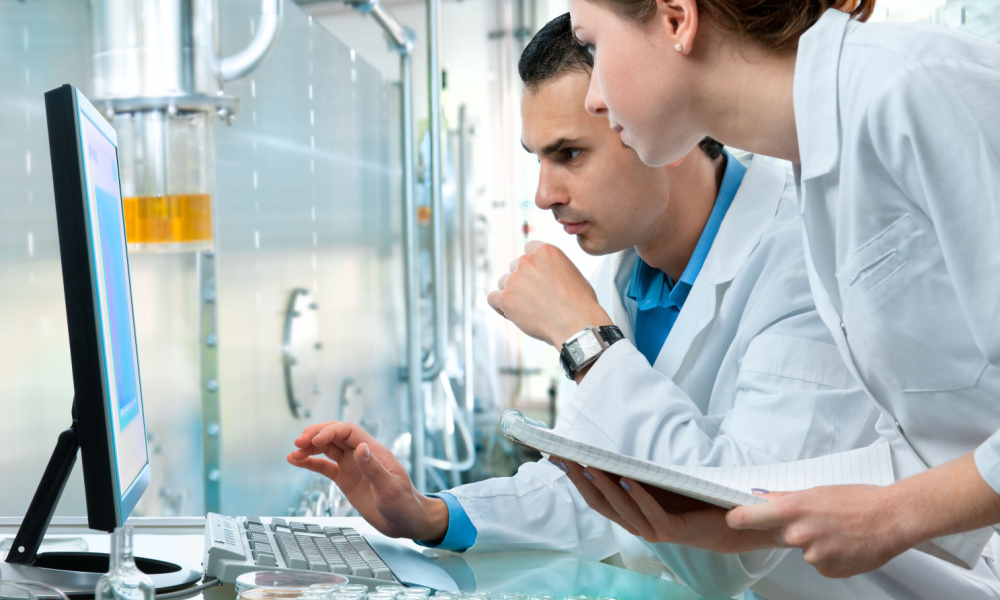At some point, professionals with a two-year Medical Lab Technician degree want to boost their careers with further education. Earning a Medical Laboratory Science bachelor’s degree paves the way to do more complex lab work and increases the chances of promotion.
An MLS degree is especially popular with those motivated management positions. The skills and knowledge gained in an MLS program build on what working lab techs learned in a two-year MLT program, giving them further expertise in clinical training and lab concepts.
The improved career prospects and broader knowledge they offer have made MLT to MLS programs increasingly popular in the profession. Demand for people holding a four-year degree continues to increase, with the federal government projecting 25,600 job openings each year over the next decade.
What Jobs Can You Earn With An MLS Degree?
Graduates from an MLT to MLS degree program can successfully perform various tests. They include bacteriological, chemical diagnostic, hematological, immunologic and microscopic tests, and analyses on blood, stool, synovial fluid, semen, tissue, and urine.
The job details depend on where the technologist works and whether there is a focus on testing for specific conditions or diseases. Technologists may work in blood banks and clinical chemistry labs. They may also work as cytotechnologists or immunology, microbiology, and molecular biology technologists.
Graduates also position themselves for supervisory roles overseeing technicians and other technologists in lab settings. They work in various areas, including clinical analysis, public health, higher education, research and development, forensics and law enforcement, environmental health and safety, bioengineering, pharmaceutical manufacturing, and laboratory administration.
Why Earn an MLS Degree?
For professionals already working in medical labs, earning a bachelor’s degree can change their career trajectory. An MLS degree offers several benefits and opportunities for lab technicians.
For most lab technicians, earning a four-year degree will advance their careers and lead to more challenging and rewarding roles. MLS degree graduates have a broader scope of practice and can perform complex laboratory tests, analyze results, interpret findings, and make critical decisions regarding patient care.
An MLS degree also opens the door to increased responsibility within a laboratory setting. Graduates may become involved in quality control, instrument maintenance, method validation, data analysis, and laboratory management. This expanded role can lead to greater job satisfaction and professional growth.
The MLS degree also carries more weight and recognition in the medical lab field. It demonstrates a higher level of education, competence, and professionalism, which can improve credibility and standing within the healthcare community.
The NMU Global Campus MLT to MLS Degree
At NMU Global Campus, working medical lab professionals can enroll in an online MLT to MLS program that provides the flexibility to advance their education while maintaining their professional and personal commitments.
The program heavily focuses on management, research, and educational topics. Three courses help MLTs acclimate to the management side of the job: Research Methodology, Clinical Lab Management, and Clinical Educational Practices. In Research Methodology, students learn how to research topics and evaluate their findings effectively. Clinical Lab Management exposes students to basic and intermediary management concepts and tools, while Clinical Educational Practices teaches students how to train new employees and student interns.
Unique lab science topics in the MLS degree program include Advanced Hematology, Advanced Clinical Chemistry, Advanced Blood Banking, Advanced Microbiology, Advanced Biochemistry, Advanced Virology, and Medical Genetics.







